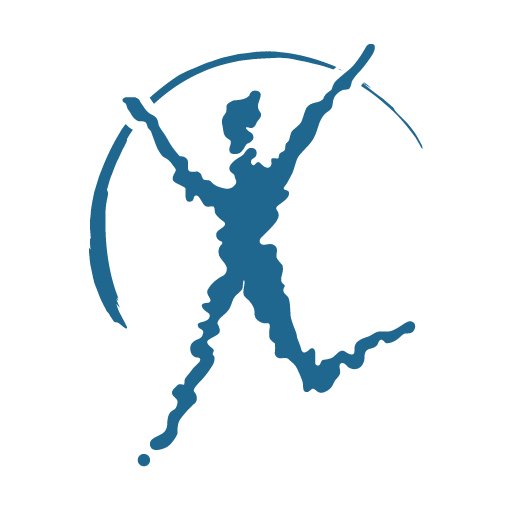What impact is your daily remedy having?
Disclaimer: We are not anti necessary medication. I take an ibuprofen for a headache once in a long while. We just want you to be aware of the impact of long term use, overuse, and dependency on these pain relievers. Pain is after all a sign of a problem and removing that signal is only a temporary solution.
NSAIDS- Non-steroidal anti-inflammatory drugs: Acetaminophen, Aspirin, Ibuprofen, and Naproxen
The go-tos of the over-the-counter pain relief world. 81% of the world uses these medications as their first response to treatment for ailments.
Acetaminophen also known for its brand as Tylenol is widely used for headaches and fevers. Considered harmless by most people but, overuse of Acetaminophen can cause permanent liver damage.
Aspirin, most well-known from the Bayer or Excedrin brand, has been around since the 70s and started as pain relief for headaches and arthritis. It has lost some of its popularity because of the common impact on stomach pain and digestive issues. It isn’t recommended for children and teens because of the risk of swelling in the liver and brain causing Reye’s syndrome.
BC and Goody powders are a form of aspirin that also contains a dose of caffeine. Marketed for its fast pain relief because of absorption it is used frequently for headache pain relief. The risks of frequent powder use are numerous ranging from internal bleeding and ulcers to liver and kidney damage. It’s contraindicated for a long list of existing conditions.
Ibuprofen, often called by its name but typically distributed by Advil or Motrin, is frequently used for sore muscles and sometimes headaches. While it is gentler on the stomach than aspirin and it poses a risk to kidney function.
Naproxen Sodium or branded as Aleve is one of the most powerful over the counter pain relievers. It lasts longer and is stronger than the other NSAIDS. It can cause ulcers and bleeding and that risk is higher in people over 65 years of age.
“Approximately 30 to 50 percent of hospitalizations from acetaminophen come from unintentional overdoses,” said Jeffrey Yin, PharmD, a pharmacist at UC San Diego Health
Pain medication doesn’t do anything to truly stop the cause of the pain. It interrupts the interaction between nerve receptors and the brain so that you no longer perceive the pain. In addition to that, the lack of common knowledge regarding the risk of NSAIDs frequently ends in many people overusing these medications. Not to mention that one of the side effects of NSAIDs is headaches (Chronic conditions such as migraines are typically treated by regular consumption of NSAIDs). It is often the case that these conditions could be stopped and healed through chiropractic care. Come into our office and see if you can drop the NSAID food group and deal with your pain from the root.




